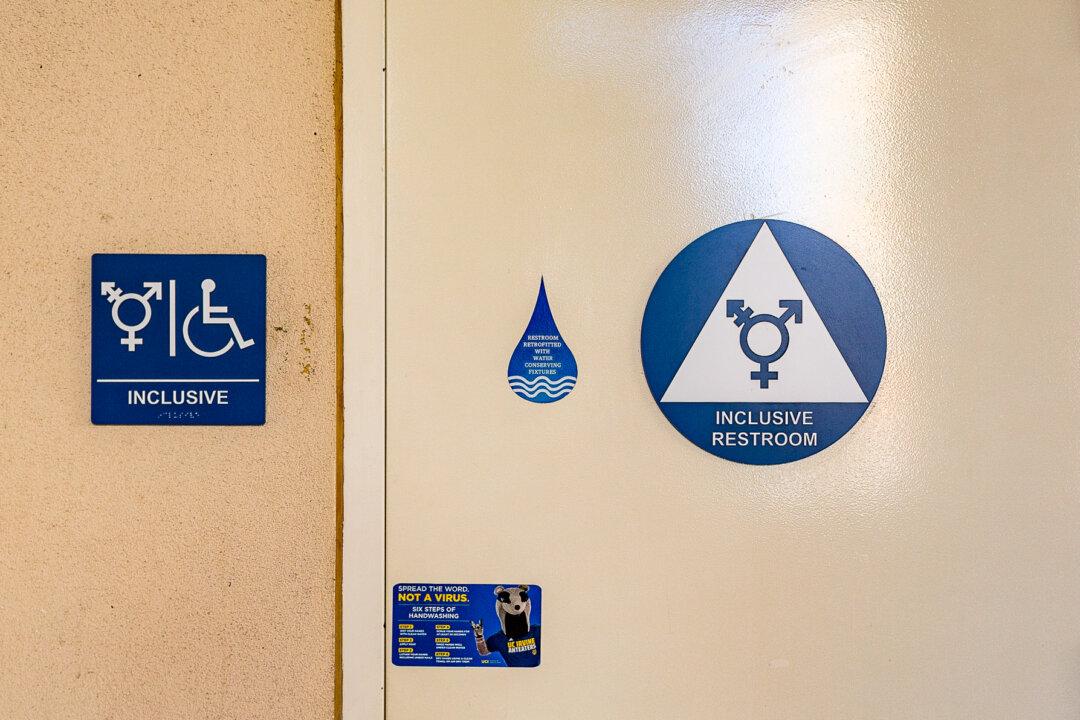Some Ohio counties would have rubber-stamped Hailey Adelaide’s request to change an official birth record “sex marker” from male to female.
But Adelaide, who was born with obvious male anatomy but has lived as a female, lodged the request in a county where officials believe state law gives them no authority to alter that aspect of a birth certificate.





